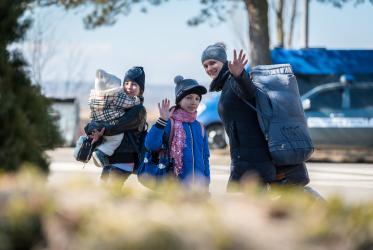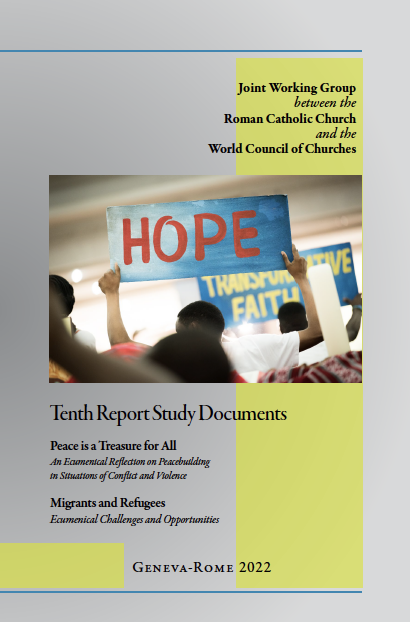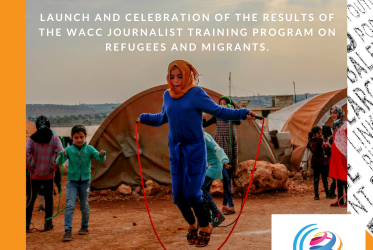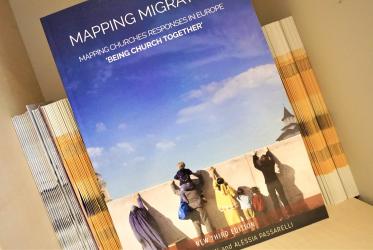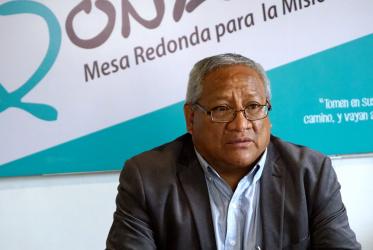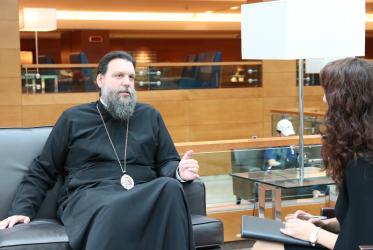Displaying 1 - 20 of 40
Tenth Report Study Documents
19 August 2022
Webinar - “People on the Move: Solidarity and Advocacy”
12 November 2020
https://www.oikoumene.org/live
Webinar will highlight “People on the Move: Solidarity and Advocacy”
05 November 2020
Webinar on Middle East racism: “Never lose hope”
28 November 2019
How can you help refugees?
11 October 2018
Catholic official: we must walk and pray together with vulnerable people
19 September 2018
